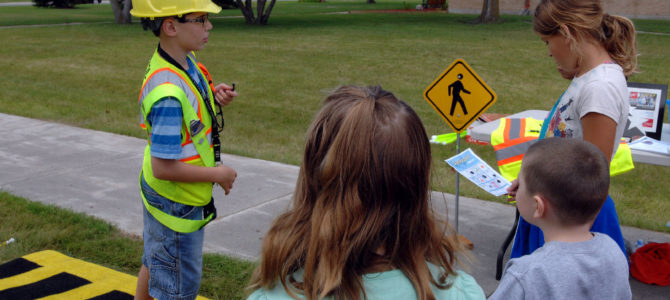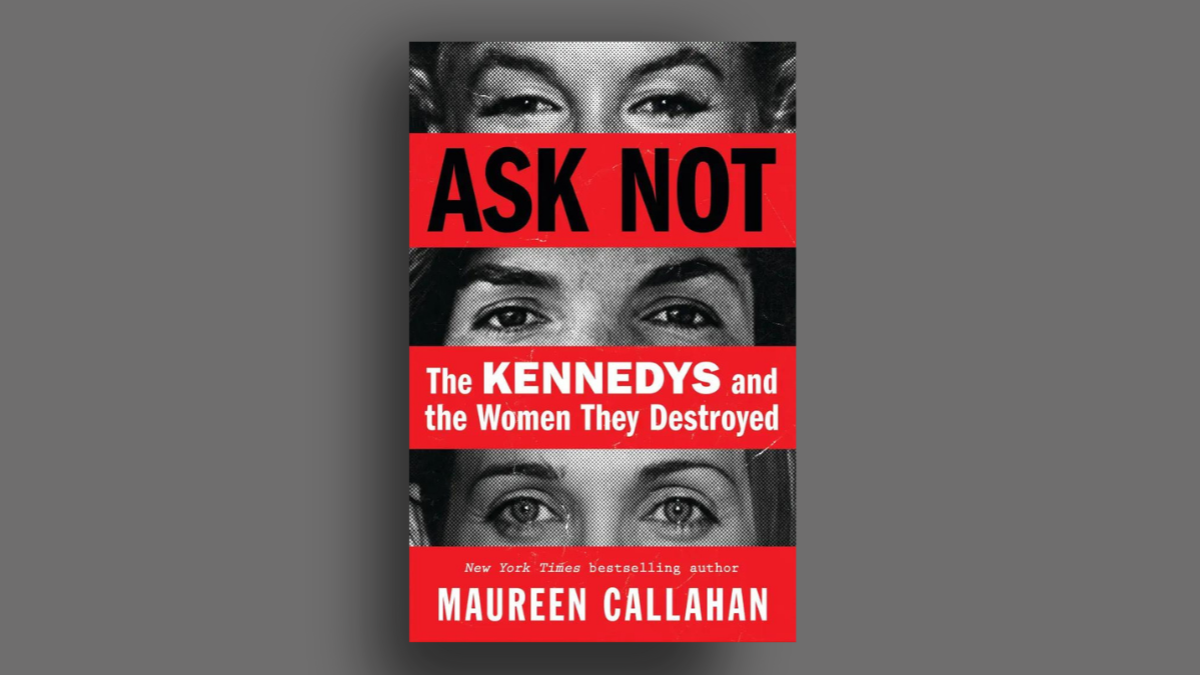
There’s a fascinating paradox at the heart of Nebraska Sen. Ben Sasse’s learned and serious new book about the decline of American adulthood, and he doesn’t quite get at what it might mean. This isn’t a criticism, but a thought that grows from the depth of the book and the scope of the story it tells. There are ideas in tension, here, and the tension suggests some conclusions Sasse almost reaches.
First, Sasse laments the much-noted emergence of the pajama boy, the thirtysomething man-child who never quite launched into adulthood. Our prototypical basement-dwelling permanent adolescent went to an expensive college, but didn’t acquire any sort of ability to write or think. He had a childhood of expensive enrichment activities, but somehow was never enriched.
He doesn’t work, make anything, or want to; he lives on video games and fantasy, and is increasingly unlikely to marry or become a parent. And he has a good chance of being heavily medicated for anxiety and depression, an interesting part of a life without challenges or responsibility.
So Are We Separating From Or Hovering Over Our Kids?
Choosing a common starting place, Sasse assigns some of the blame for pajama boy to helicopter parenting, to the act of “hovering over our children, making sure they’re safe and protected, never bored, and on schedule.” We don’t consider the ways we harm our children by constantly protecting them from the vicissitudes of life.
“After spending the better part of two decades micromanaging and choreographing playdates, dance practices, extra tutoring for standardized tests and college entrance exams, music lessons, martial arts, select soccer and travel baseball, track meets, swim meets, art classes, language enrichment, and all the rest, it should come as no surprise that the kids have only the vaguest idea of how to make decisions for themselves,” he writes. “All that many of them have ever had to do by age 18 is be dressed and in the car at the appointed hour.”
We over-parent, and it costs our children their autonomy, self-discipline, and ability to transition to adulthood. They need some distance from us so they can learn how to live as something other than satellites in our pampering orbit.
But then Sasse spends much of his book decrying the loss of intergenerational social exchange and the family structure of an earlier era defined by the closeness of family farms and crafts. The Second Industrial Revolution, he notes, changed more than just the way we make things.
“Separating work from home – taking the artisan out of his shop and putting him in a steel mill, for example – was a stark shift in not just economic but also social and family life,” Sasse writes. “Children who had grown up around their parents’ world of work were now divorced from it. In the process of the economy shifting from farms to factories, and Americans moving from the countryside to cities, habits changed, and the family culture was altered. Dad – and then increasingly mom – headed off to ‘work,’ by which they meant the production line or office.”
With this change, Sasse argues, “our children’s entire lives drifted into age-separated ghettos.” Starting in the early twentieth century, the shift to mandatory schooling took children out of the homes where they used to learn life skills and transferred them to education factories where professionals led them through the checklist of academic tasks to be mastered. Children began to grow up without the constant, steadying guidance of older family, without grandma and grandpa and mom and dad telling stories around the dinner table about how they grew up, started working, and learned to be grown-ups.
So: Helicopter parents—endlessly present in the lives of their children, their hands always on the steering wheel, guiding and scheduling and directing—are absent from the lives of their children, who don’t get enough guidance and direction from them. Our children won’t move out of the house after adolescence, which is a sign of decline, and we’ve lost a lot from the better days when several generations of one family were far more likely to live under one roof.
None of this is actually the contradiction it seems. Sasse is noting a change in the quality and substance of family involvement, not just the amount of it. This is where he doesn’t quite finish the thought.
We’ve Turned Labors of Love Into Labors for Pay
In a book first published in 1977, the historian Christopher Lasch described the emergence in the early twentieth century of the “helping professions”: teachers, psychologists and psychiatrists, social workers, and therapists of all stripes. This rising status group of professional helpers was engaged in the “appropriation of parental functions,” Lasch wrote, as endlessly hubristic progressive reformers viewed the family as a site of pathology: You people aren’t raising your children properly, so the experts are going to intervene.
Lasch quotes Ellen Swallow Richards, one of the pioneers of the helping professions, who argued that mandatory schooling was “fast taking the place of the home, not because it wishes to do so, but because the home does not fulfill its function.” Harumph at the end of that sentence to fully capture its tone.
So in the professional Left’s long march through the world of the family, childhood has become the province of the paid expert, and the home has become a site of professional intervention. The helping professions have only grown. You bring the baby home from the hospital, and then the lactation consultant comes over to show you how to feed the thing. You drop your child at the school gates, and pick up your child at the school gates. If anything goes wrong during the hours in between, the credentialed and unionized teacher directs you to take your child to a therapist for licensed repair work.
What we’re doing in all of these parent-as-chauffeur moments is driving our children to their replacements for extended family and the well-knitted lattice of real community. We hire the lactation consultant because the mother, grandmother, older sisters, and other mothers of the village aren’t immediately available to provide a knowledge that used to be easily transmitted by local instruction.
A few years ago, a teacher directed me and my wife to take our daughter to an occupational therapist (which she didn’t need), and we briefly complied—until the day the therapist proudly informed us she had taught our daughter to tie her shoes. We paid $150 an hour for a professional to teach my child to do a thing my mother taught me in the living room with a shoelace threaded through a piece of cardboard.
We over-parent our children in scheduling and chauffeuring because we under-parent our children in sitting and talking. They’re still present in the house at 30 because they weren’t fully in our presence at 10. We shuttle them between professional appointments—the therapist, the tutor, the coach—because we understand that these hired hands are doing work that needs to be done, and used to be done by family and community, and isn’t anymore.
We are buying the thing we gave up. And it can’t be bought.









